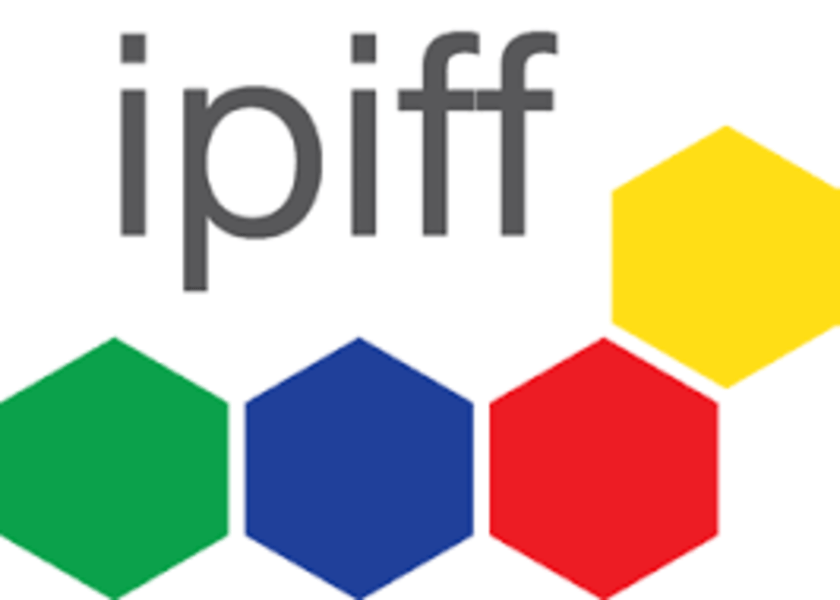IPIFF General Assembly Meeting 27 June 2024 (video available)
Titled “Investing in Europe’s Agri-Future: EU funding opportunities for the insect farming sector”, the online event targeted European insect-producing actors and partners from the insect value chain.
The full recording of the webinar can be found here.
With over 200 attendees during the live session, the webinar brought together senior representatives from the EU institutions, including Silvia Alvarez Santos from DG REGIO, European Commission (Powerpoint available here), Ana Ruiz from the Circular Bio-based Europe Joint Undertaking (Powerpoint available here), and Ivan Stefanic from the European Innovation Council and SMEs Agency (Powerpoint available here).
The interlocutors presented and discussed with fellow panellists the diverse set of available EU Funding and Financial support mechanisms for small and medium-sized enterprises. “Insect producers have passed a critical threshold with more than EUR 1,5 billion already invested in EU insect-producing companies so far. This, in turn, has contributed to the creation of thousands of green jobs in rural areas, as the sector currently employs over 3,500 people, at least 1,000 of whom are directly employed by insect-producing companies,” said Antoine Hubert, IPIFF Second Vice-President (Powerpoint available here).
As evidenced through a recent survey developed by the IPIFF Association, Mr Hubert underlined that insect farming has become the fastest-growing sustainable protein production sector in the EU amongst other emerging industries in view of the number of production capacities built over the last 10 years.
“This clearly shows that financial support for EU insect SMEs has paid off: We’re addressing European agriculture’s most pressing challenges, while we continue to create thousands of jobs across the Union,” added Mr Hubert.
In conclusion, the IPIFF representatives stressed the need for insect farming activities to be recognised as a focal point in strategic EU key policy folders in the next mandate of the European Commission (2024-2029), notably to maximise its contribution towards achieving a decarbonised economy, while increasing the EU domestic protein production.
The event was supported by Tebrio (Spain) and Nasekomo (Bulgaria).
The event was organised in partnership with Insect Academy and Intersect, a digital marketing agency dedicated to helping insect-farming companies.

